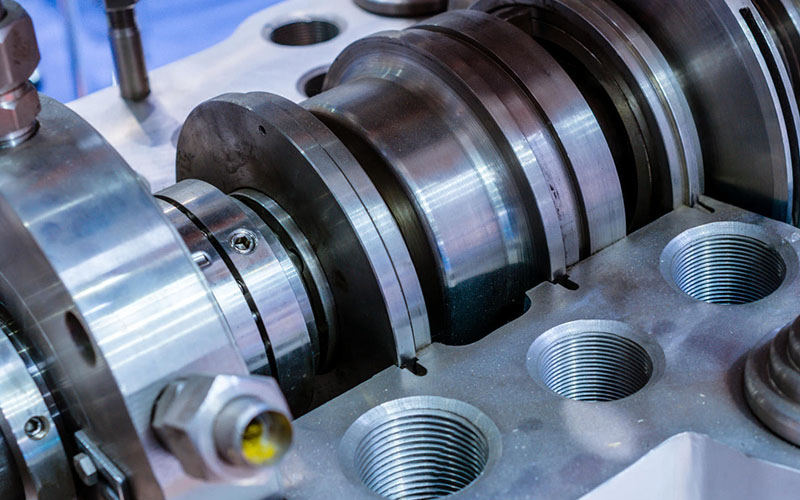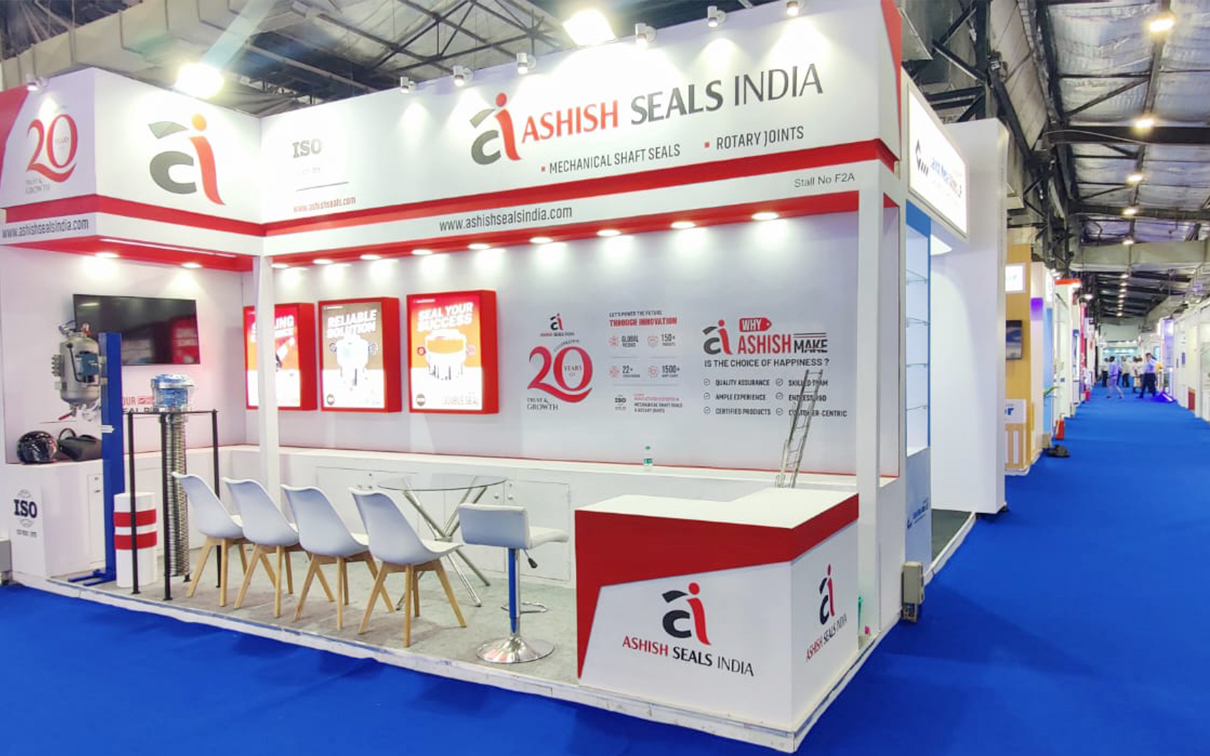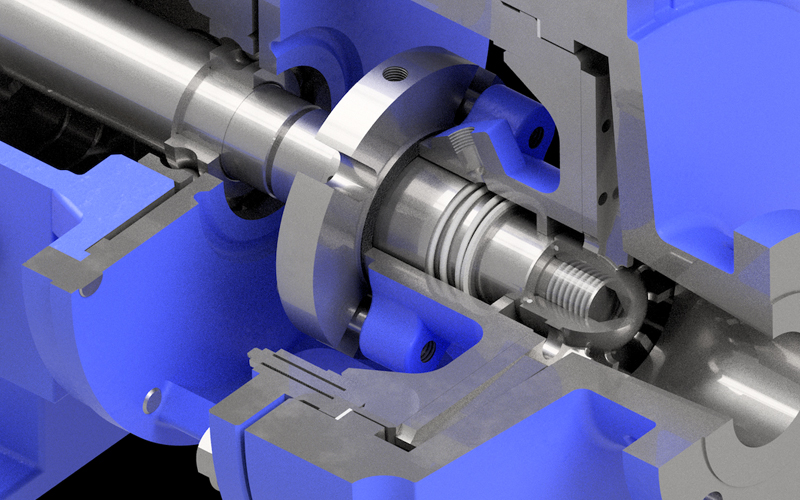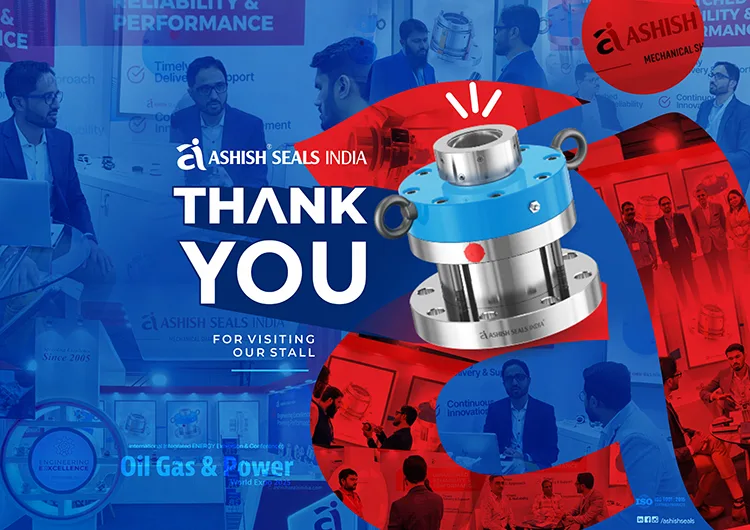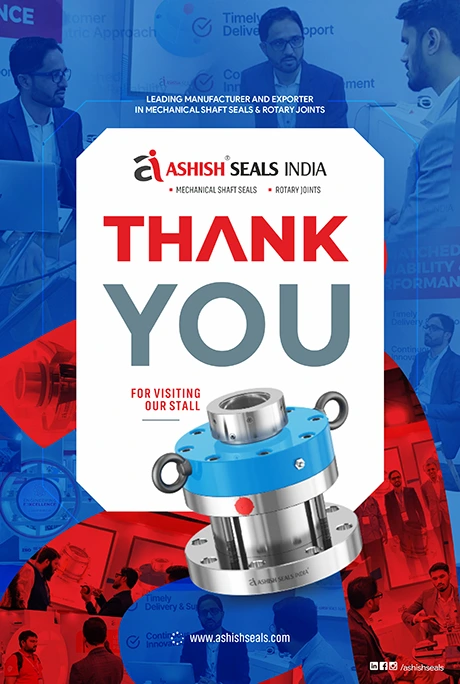Mechanical seals are distinct from other types of seals because it involves a rotating part, a stationary part and a spring. The seal is the interface between the moving and stationary parts. Sealing the junction of a moving and a stationary part is a challenge, to say the least, and the spring is there to ensure adequate pressure on the parts to maintain the seal despite the movement. To be effective, mechanical seals must fit the specific application where they are used. Those applications can vary considerably. Mechanical seals must have the precise measurements and be made of appropriate materials to withstand whatever temperature extremes or chemicals are involved, or the seal will fail. We can group seals into general types, which raises the question of how many types of mechanical seals there are
8 Types of Mechanical Seals
Seals and gaskets are sometimes custom-made to service unique applications, but we can group most seals that prevent leakage at the interface of a moving part and a stationary part into eight main types of mechanical seals.
Wave Spring Mechanical Seals: Principally used for liquids of high viscosity, wave spring mechanical seals are popular for pharmaceutical, dairy, brewery and food processing applications. Some designs are specially constructed to work in shallow, confined seal housings.
Water Pump Seals: Because water is such a poor lubricant of seal faces, it is critical that water pump seals use excellent materials for applications such as shower pumps, irrigation, heating systems, swimming pools and spas.
Seat Bi-Directional Mechanical Seals: Using wave spring technology, bi-directional seals can come with or without anti-rotation pin provision. These seals can be made to withstand higher temperature media duties and are widely used in chemical processing.
Diaphragm Seals: Featuring parallel springs, diaphragm seals are used in very diverse applications including agitators, compressors, mixers, pumps and other rotary shaft equipment. They protect pressure-sensing instruments from the fluid that’s pressure is being measured.
Balanced Diaphragm Seals: These innovative seals use a patented design to protect against seal failure in applications where thin metal drive components are prone to cut into the retainer. They incorporate a bellows disk to prevent contact with the shaft.
Conical Mechanical Seals: This is an extremely versatile and popular mechanical seal. Available in a wide range of materials to suit a variety of environments, they are robust and durable.
Parallel Mechanical Seals: Parallel seals can use different methods of providing the face to the seal and can be supplied with either left- or right-hand wound springs. A good general-purpose seal, they are used in marine pumps, waste-water, pulp and paper and textile applications as well as refrigeration compressors.
Bellows Mechanical Seals: Recommended for hygiene applications and media containing solids, these are non-clogging, extremely reliable and self-adjusting. They come in an impressive range of sizes and can be custom made as well in any size.
With so many types of mechanical seals, it can be difficult to know if you are choosing the absolute best one for your equipment. If you are unsure which type of mechanical seal is the best for your specific application, don’t hesitate to get in touch. Our experts can review how many types of mechanical seals would work in the specific application and which ones are best suited for it.
